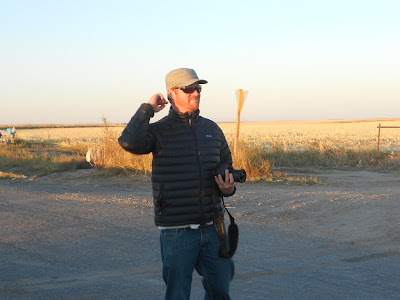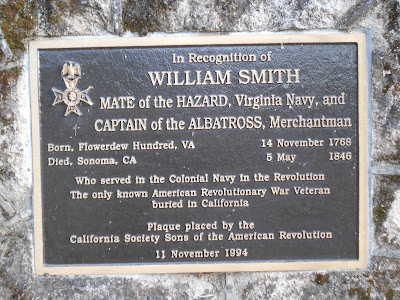An man from the atoll of Polowat setting off on a voyage: The stuff of adventure novels.
The world is so full of such wonderful things, I'm sure we should all be as happy as kings.
So, apparently, said Robert Louis Stevenson while losing his long-term, painful, debilitating battle with TB while sailing the Pacific while writing great literature. Do any of us have any excuses for not enjoying life and writing well while we do it?
Today, just a couple of days after my sixty-fifth birthday, I find myself enjoying life while being pleasantly overwhelmed with its rich confusion. To wit:
I just finished writing an adventure novel about traditional navigation in the remote atolls of the western Pacific and it's off courting a publisher.
I was just asked to present a lecture to a science/philosophy group at a local college about that incredible skill of navigating across hundreds of miles of open ocean using only stars, wave patterns, and marine life. Those skills were developed by the seafaring peoples of the Pacific thousands of years ago and is still in use.
I've started writing another novel, this one to be the better-than-anything-I've-written-so-far novel I'm convinced I have lurking in me somewhere. It's set in New England, in the Berkshire hills where I grew up, and my head is abuzz with plot schemes and profound/multi-faceted characters.
I just got my sailboat back in the water after some pre-winter maintenance--bottom paint, new zinc, lazy jacks installed--and my wife, Terry, and I brought her home last week on a perfect, breezy day on the Chesapeake. Now I'll get going winterizing her.
For my birthday I asked for and received the Rosetta Stone Spanish program and I'm looking forward to making learning Spanish a long-term, regular part of my life. When Terry retires, we'll spend winters exploring Latin America. Good for my aging brain, too, adding what will no doubt be bad Spanish to my lousy German and my worse French.
Speaking of things that are good for aging brains, I've downloaded the WORDS WITH FRIENDS app--it's a form of SCRABBLE--on my Droid, and I've got four games going at once. I lose, mostly, but I'm getting better. A good addiction.
I'm working on a new finger picking riffs on my guitar. I keep it next to me all day and when I need to take a break from writing/reading/studying, I pick it up and play for a while. It feels way too good, like having a pleasant companion to engage in conversation whenever needed.
So, if Robert Louis Stevenson can do it while dying of a terrible disease, I can too. As December approaches, I'm ready to settle in here for the winter. Looking forward to it, actually--the long, cold, dark nights, the frosty days hunkered down here in my study in my fat recliner reading, writing, studying, playing music and taking naps, PRN. It's the way I've always wanted to live. Self-actualizing, you know?
Terry at the helm bringing Seawind home for the winter.
















